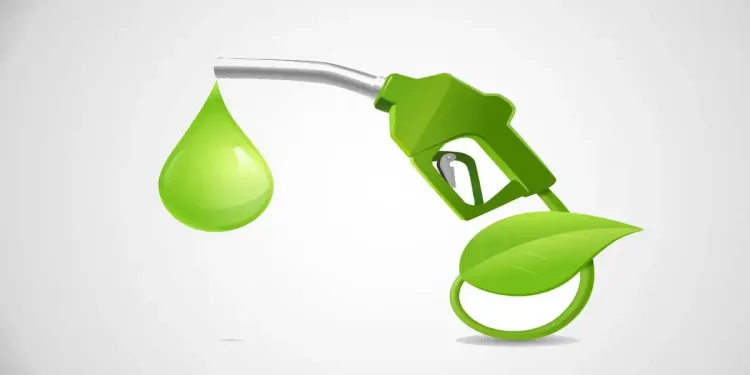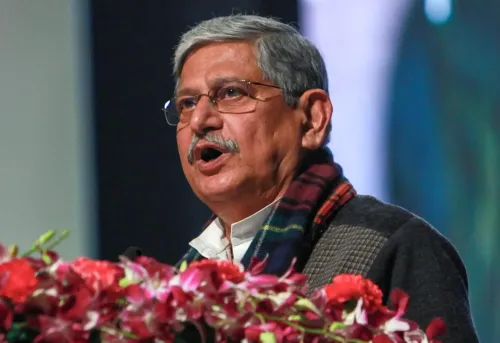20% Ethanol-Infused Petrol: No Significant Vehicle Performance Issues, States Government

Synopsis
Key Takeaways
- E20 has minimal impact on vehicle performance.
- The target for ethanol blending is set for 2025.
- Engine modifications can reduce efficiency loss.
- No major concerns were raised regarding engine oil or component wear.
- Public sector OMCs achieved 10% ethanol blending early.
New Delhi, March 20 (NationPress) The use of 20% ethanol-infused petrol (E20) has not caused any significant issues concerning vehicle performance, engine component wear, or engine oil degradation, as reported by the government to Parliament on Thursday, referencing findings from a committee.
As part of the Ethanol Blended with Petrol (EBP) Programme, the government has set a goal to achieve 20% ethanol blending with petrol by the year 2025.
The 'Roadmap for Ethanol Blending in India 2020-25', developed by an inter-ministerial committee, indicates that the use of 20% ethanol-blended petrol (E20) leads to a slight decrease in fuel efficiency for four-wheelers designed for E10 and calibrated for E20.
Minister of State for Petroleum and Natural Gas, Suresh Gopi, mentioned in a written response in the Lok Sabha that the Society of Indian Automobile Manufacturers (SIAM) advised the committee that adjustments in engine hardware and tuning could mitigate the efficiency loss associated with blended fuel.
The committee's report further emphasized that no significant issues were found regarding vehicle performance, engine component wear, or engine oil deterioration with E20 fuel, according to the minister.
The National Policy on Biofuels–2018, revised in 2022, advanced the target for 20% ethanol blending in petrol to Ethanol Supply Year (ESY) 2025-26 from 2030.
Public sector oil marketing companies (OMCs) reached the milestone of 10% ethanol blending in petrol by June 2022, five months ahead of the set target during ESY 2021-22.
Ethanol blending further rose to 12.06% in ESY 2022-23, 14.60% in ESY 2023-24, and 17.98% in ESY 2024-25 up to February 28, 2025.
Currently, no decision has been made by the government to increase ethanol blending beyond 20%, as stated by the minister.
The National Policy on Biofuels allows for the use of food grains during surplus phases as recognized by the National Biofuel Coordination Committee.
This policy also advocates and promotes the utilization of feedstock such as corn, cassava, spoiled potatoes, damaged food grains like broken rice, food grains unsuitable for human consumption, maize, sugarcane juice, and molasses, as well as agricultural residues (rice straw, cotton stalk, corn cobs, sawdust, bagasse, etc.).
Any diversion of sugarcane juice, its by-products, maize, etc., for ethanol production is meticulously managed in cooperation with relevant stakeholders, according to the minister.










